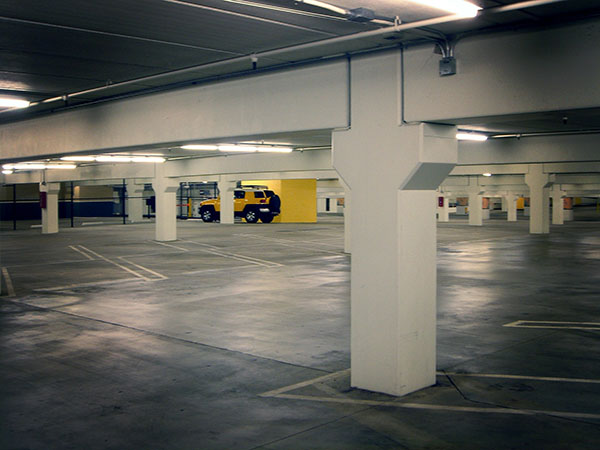Piedmont Triad International Airport (PTIA) is shelling out over $2 million for a state of the art parking management, observation and ticketing system that should provide the airport with much greater control over its parking operations and should make getting in and out of the lots easier and faster for customers.
The new system will also mean that, if you lose the ticket stub you got when you entered a parking lot at PTIA, parking enforcement officers will still know exactly when you entered because the system’s high-tech license plate recognition feature will be tracking everyone going in and out and will be recording those times.
The Piedmont Triad Airport Authority approved the expenditure for the system at the board’s meeting last week. PTIA Executive Director Kevin Baker said the airport’s new “Parking and Revenue Control System” will cost about $2.4 million but he said it’s an upgrade PTIA badly needs.
“This is something I refer to as a necessary evil cost, but it is really necessary that we get this done,” Baker told the authority members. “It’s sort of like paving a road.”
He said the system will manage all of the parking that takes place at the airport.
“And there’s a lot of that, as you know,” he added.
Baker said it’s important to purchase and implement the new system because parking is a major revenue generator for PTIA. He said the system will be much more “modern and robust” than the existing system, which is about two decades old and is difficult and expensive to maintain.
The money for the system will come from airport funds. Many high-dollar projects at the airport are covered by federal funds, but this isn’t one of them.
The new system will have enhanced credit card security, license plate recognition software and customer convenience features. For instance, customers will be able to pay parking charges inside the airport terminal or on their phones and, when they pull up to the parking gate, it will automatically open to let them out.
Baker said the new system will also end most cheating; for instance, he said, it will put an end to “tailgating” – where one car sneaks out without paying by being immediately behind another.

